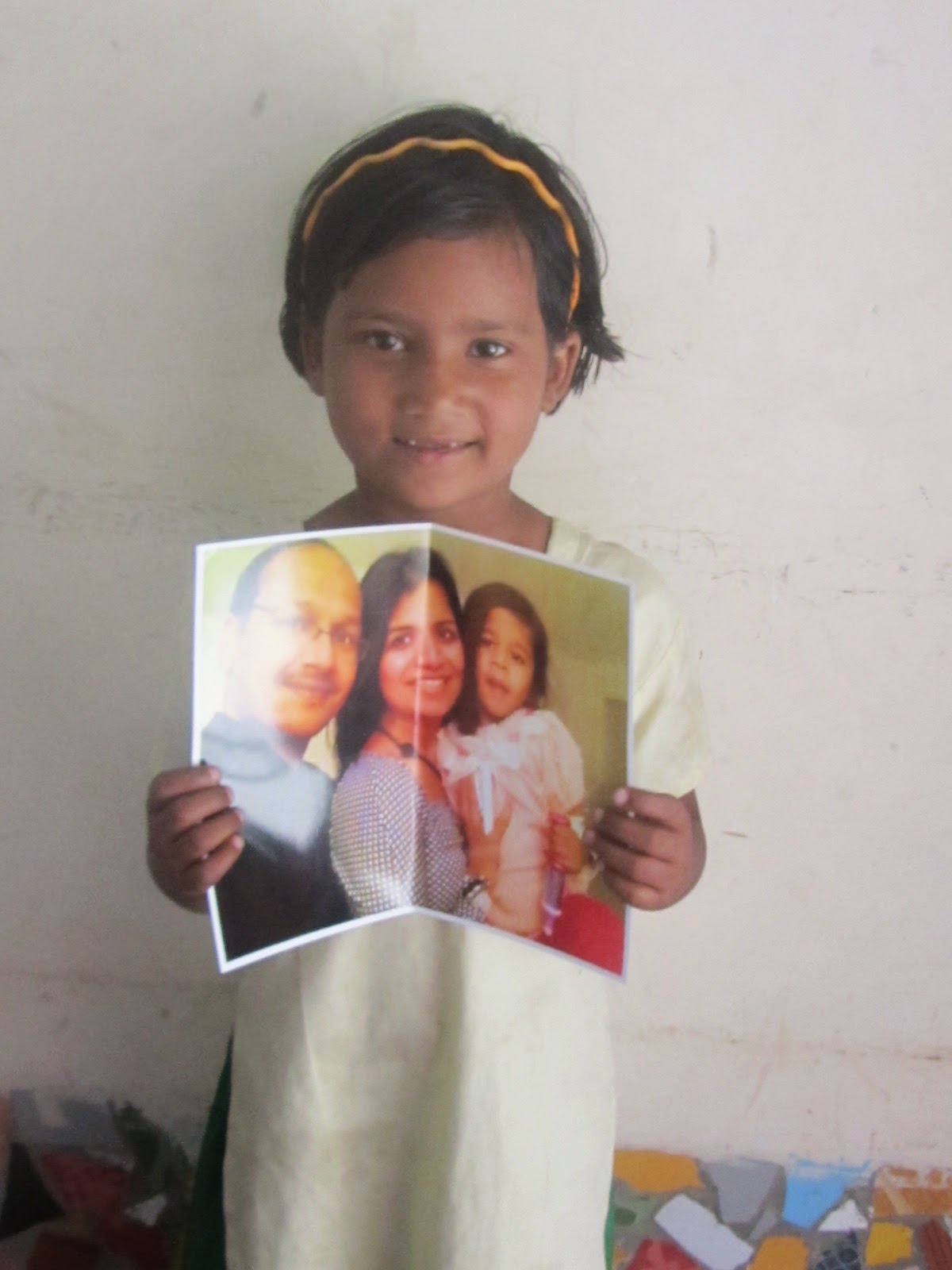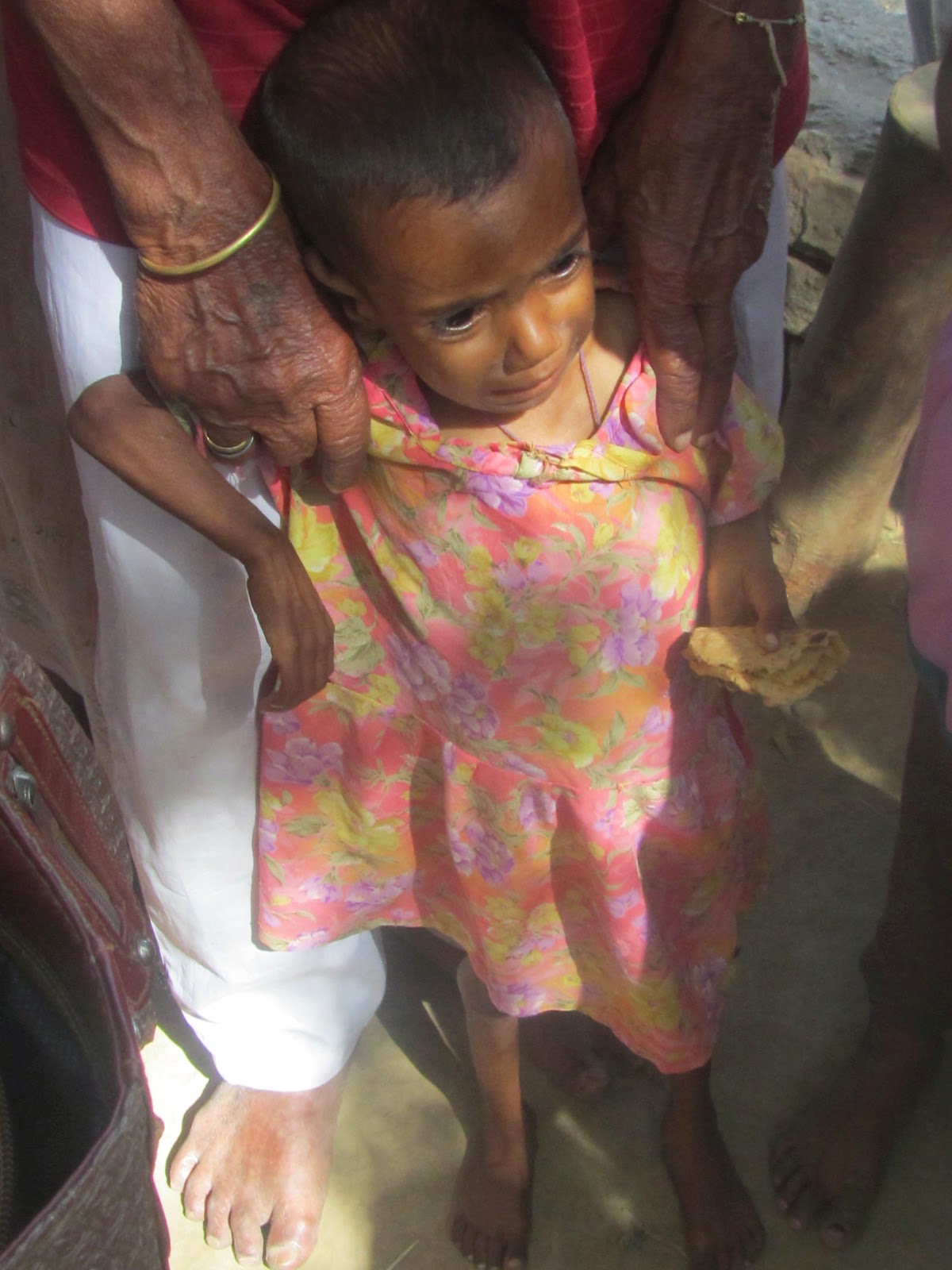Happy Diwali!!
I have said, and been told, “Happy Diwali” thousands of
times over the past week. Eyes light up, and smiles beam across the faces of
all with excitement and anticipation of the celebratory spirit in the air. School is closed for 3 days. With a year round school schedule, with only 17 vacation days, school closing for three days is a very big deal. For many of our girls, the only food they may receive is what they eat at school, so no school can mean hungry bellies.
The day after Dawali, villagers celebrate Cow Dung Day(I kid you not!). Cows, and buffalo in this rural region, are the source of much of life. The provision of milk, as well as the dung, is vital to life. Dung is dried and used as fuel in cooking, to provide heat in winter months, to build houses(floors, walls), and pull ox carts, the only transportation for many. There is also a belief that rolling babies and children in dung will protect them from disease.
This day is a day to pray for more cow dung, hence, more cows. Throughout rural India, dung patties are seen drying, often in an artistic display. After they are dried, they are stored for use. Because dung is highly valued, it is rarely seen on the roads, as people are quick to pick it up to use. On a visit to one of my favorite homes, the woman had a bucket of dung that she spread with her bare hands, on the floor to freshen the finish. Within minutes, the floor was smooth and perfect!
As sunset arrived, families hold puja around an artistically crafted display of a human figure made with dung on the floor of each home. The ritual is performed by the men, as incense is burned, who walk around the figure, offering rice, marigold petals. They walk the circle 7 times, as women sit and watch. I always feel the sacred nature of the ritual, though I don't understand the significance of what is being done, or the prayers offered.
There is also a day to celebrate husbands and brothers, Karva Chauth. Women fast to honor their men, praying for their safety and longevity. I have suggested to the teachers and girls at PPES that they start a wife's day. They laugh at the suggestion. We can't imagine honoring our men, without equally honoring our women.
This day is a day to pray for more cow dung, hence, more cows. Throughout rural India, dung patties are seen drying, often in an artistic display. After they are dried, they are stored for use. Because dung is highly valued, it is rarely seen on the roads, as people are quick to pick it up to use. On a visit to one of my favorite homes, the woman had a bucket of dung that she spread with her bare hands, on the floor to freshen the finish. Within minutes, the floor was smooth and perfect!
As sunset arrived, families hold puja around an artistically crafted display of a human figure made with dung on the floor of each home. The ritual is performed by the men, as incense is burned, who walk around the figure, offering rice, marigold petals. They walk the circle 7 times, as women sit and watch. I always feel the sacred nature of the ritual, though I don't understand the significance of what is being done, or the prayers offered.
There is also a day to celebrate husbands and brothers, Karva Chauth. Women fast to honor their men, praying for their safety and longevity. I have suggested to the teachers and girls at PPES that they start a wife's day. They laugh at the suggestion. We can't imagine honoring our men, without equally honoring our women.
On Monday the school celebrated in a very big way, and we
were grateful to be able to play a big role in it. The day began with a school assembly to celebrate
the girls who are scouts who came in first place last weekend in the District
Scout competition. They received 2 big trophies, certificates, and will go to
the next level this weekend We were
honored to be there Sunday afternoon as the closing ceremonies took place.
Sitting up of the stage, in the front row, made us feel like celebrities(we now
know what William and Kate experience!).
We were more excited that the girls had us there for them!
Mike and I then handed out toothbrushes, toothpaste and toothbrush
holders to Classes 9-12. 144 in all! The
rest of the 1200 girls got new toothbrushes from us. The distribution was quite an experience,
especially when they all wanted to trade colors for their favorite- something we put a quick stop to,
suggesting they trade with friends instead.
From there we were able to provide an incredible
opportunity…Through Linked In, Mike connected with a women living in California , from Delhi .
She followed up by telling us 2 weeks ago, that her parents, who live in Delhi , wanted to come to
the school on Monday to distribute a clothing gift to each and every girl. This
couple arrived with 1200 dresses for the little ones, sweaters for the
elementary kids, and shawls and blankets for the older girls. Not only did they bring the clothing, but
they gave each girl 10 rupees(20 cents) and a chocolate bar. We can guess that
some of these children had never held a 10 rupee note before. The handout of all was so much fun to watch,
as the littles ones pulled out the most glitzy and tackiest little Indian
dresses with leggings I’ve ever seen. The more satin, rhinestones, lace and
glitter, the better! This may be, for
most, the first new article of clothing they have ever owned. What a random connection on Mike’s part, and
what a gift for the girls.
Our gift to them was a banana for each. With concerns over
their diets, despite being fed 3 meals a day at school, they get no fruit. Though 25 bananas cost about $1, at this
time, fruit isn’t within the schools budget. We hope to make that happen before
long The girls also each went home with
a bag of sweets. What a day it was!!
We then came to Sam’s house for the holiday, which has been
wonderful. His family are landowners,
owning who knows how many miles of fields. His home is a palace, a stark
contrast from where the kids come from.
We have had lots of great food, conversations about the life situations
of some of the students, and making plans on how to handle them. We celebrated Dawali last night with
pooja(prayer) and the traditional ceremonies that go along with the Hindi
religion. We have taken walks through
his village and visited the home of one of our girls.
Some stories-
Sam invited 4 students(2 do not go to our school) to talk
about what they want to do with their lives beyond graduation. 1 girl, focusing
on science, wants to be a doctor, but does not know how to make that happen.
Sam is connecting her with someone who can make it happen!
There is a mentally challenged girl in a village, for whom
Sam is concerned. Within the next couple of years she could end up pregnant,
raped by a man who would know her vulnerability. Sam is hoping to have her
parents sign a consent to have her tubes tied, and will pay for the operation
so she can be protected.
A 13 y.o. was recently severely beaten by her father and
brother, having been caught talking to a boy. The father threatened to kill
her. She was sent off to a school in Delhi ,
but ran away. Her parents plan to marry her off soon, so they can be rid of
her. Sam wants to return to talk to the parents, and offer her a vocational job
at the school, so she doesn’t get married, and can make some money. Her sister
is deaf and non-verbal, and works in the sewing vocational program. She is
supporting her entire family on the, maybe, $20/week she earns.
A wonderful teacher at the school, Rena, and another staff person,
Retul, eloped 2 weeks ago This is not only unheard of, and completely
unacceptable, but has caused great trouble to them. Mike an I are, of course,
all for their love marriage. Her parents
are angry and have rejected her, as she married below her caste. This is not a
good thing. We are going, along with Sam, to meet with her parents tomorrow in
hopes of them changing their minds.
When we were here in 2010, I developed a special relationship
with her, and told her when she married, because she is educated, beautiful and
has so much to offer, that she needed to marry a man who would treat her like a
princess. She has now, to many, become “Mary’s princess”. Her response was, “I don’t’
know, mam, my father will decide.” I
went on to tell her that she needed to tell him what I said. I am thrilled that
she has married a guy she loves, and who will make her happy, but so sad that
this society is set up to allow this to happen.
Women are so unjustly treated here. They are at the bottom
of the rung, and we are working hard to change this by changing our students. They deserve so much more than what this
country currently allows them to have..JPG)
.JPG)
.JPG)
.JPG)

.JPG)


















.JPG)

















